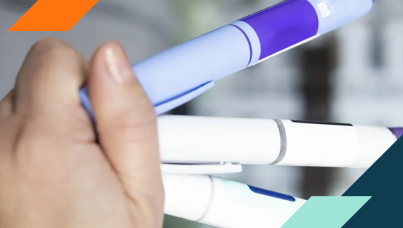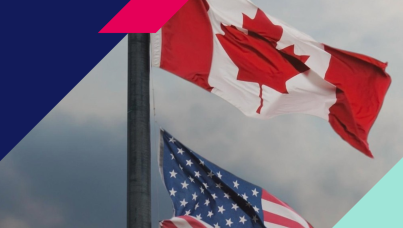Nine In Ten (91%) Canadians Are Confident In The Safety Of Household Cleaning Products
Asked whether or not they think that household cleaning products are subject to regulation by the government, three in ten (31%) said yes, they are for sure and another 42% said probably, they would assume so. Approximately two in ten (17%) Canadians do not think the government regulates the products and one in ten (11%) aren't sure if they do. A majority (69%) of Canadians think the current level of government regulation is adequate or more than adequate. Two in ten (21%) think it's less than adequate and another one in ten (9%) are unsure.
Most (92%) Canadians say they read the directions or other label information on household cleaning products before using the products, with approximately half (47%) that say they always do. And when asked whether or not they think there is enough information about the product and how to use it, eight in ten (79%) said there was.
These are the findings of an Ipsos-Reid/CCPA poll conducted from November 5th to November 7th, 2004. For the survey, a representative randomly selected sample of 1002 adult Canadians was interviewed by telephone. With a sample of this size, the results are considered accurate to within 1773.1 percentage points, 19 times out of 20, of what they would have been had the entire adult Canadian population been polled. The margin of error will be larger within regions and for other sub-groupings of the survey population. These data were weighted to ensure the sample's regional and age/sex composition reflects that of the actual Canadian population according to the 2001 Census data.
Assuming that products are used and stored properly, 91% of Canadians are confident in the safety of household cleaning products: Half (48%) say they are "very confident" and 44% "somewhat confident." Just 7% of Canadians say they are "not confident" and 1% are unsure.
- Residents of Quebec and Atlantic Canada are more likely than their neighbours to the west to be "somewhat confident" (56% vs. 38%) while Canadians residing west of Quebec are more likely to be "very confident" in the safety of the products (52% vs. 40%).
- Residents of British Columbia (22%) and Quebec (25%) are less likely to be more confident today than other Canadians (37%).
- Canadians with a high school diploma or less are more likely than those with higher levels of education to be more confident today (37% vs. 30%).
- Men are more likely than women to say "yes, for sure" (35% vs. 27%) and women are more likely than men to say "probably, would assume so" (46% vs. 38%).
- Canadians 35 years of age or older are more likely than those 18-34 years of age to think the current level of government regulation is "less than adequate" (24% vs. 15%).
- Albertans are more likely than other Canadians to "always" read the labels (61% vs. 46%).
- Canadians 35 years of age or older are more likely than young adults 18-34 years of age to "always" read the labels (51% vs. 37%), while young adults are more likely than their elders to "often" read the labels (28% vs. 20%).
- Women are more likely than men to "always" read the labels (51% vs. 42%), while men are more likely than women to "sometimes" read the labels before using the product.
- There are no demographic trends apparent with respect to this issue.
-30-
For more information on this news release, please contact:
Janet Lazaris
Senior Vice-President
Ipsos-Reid
(416) 324-2900



